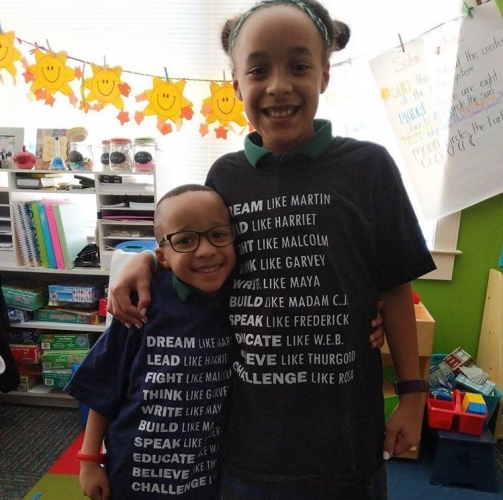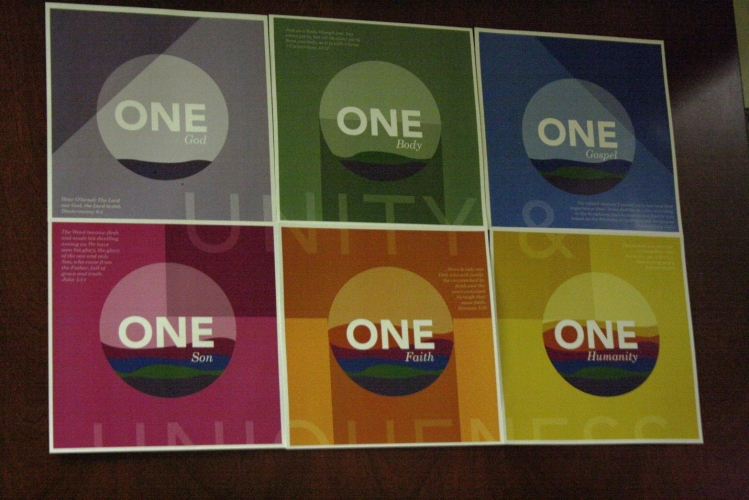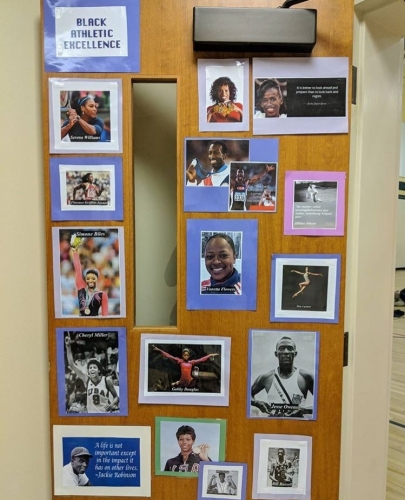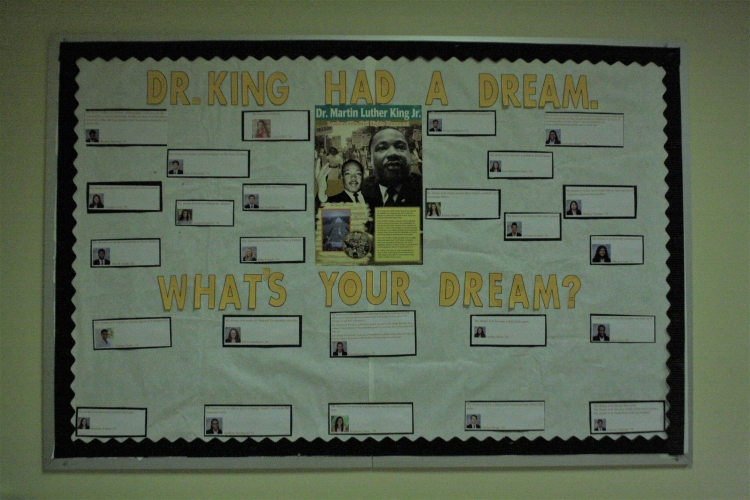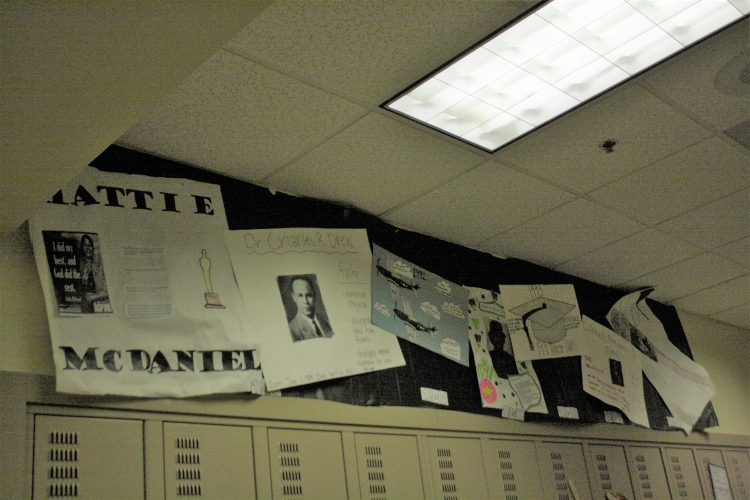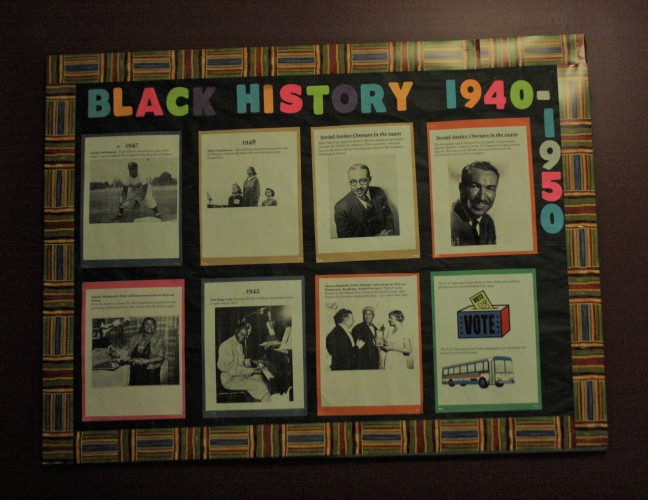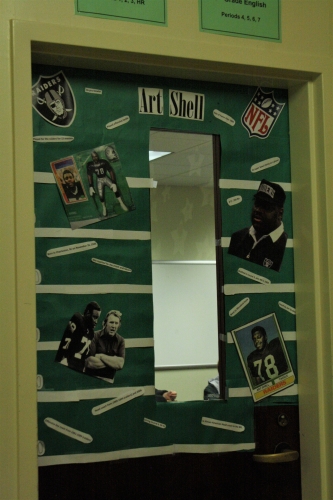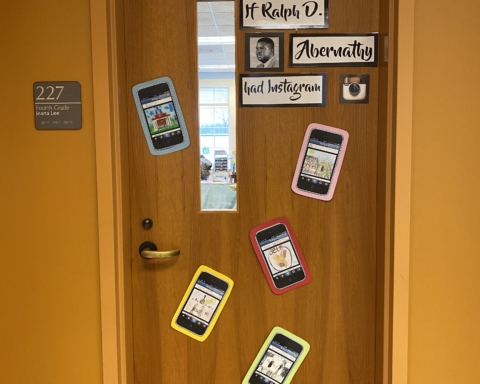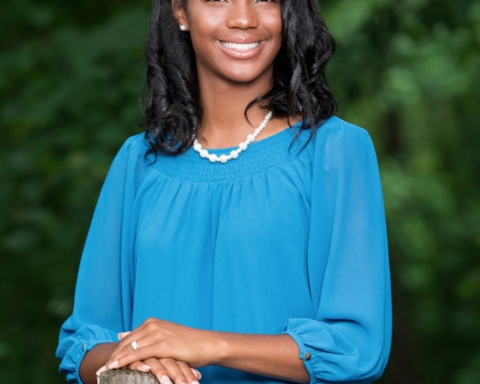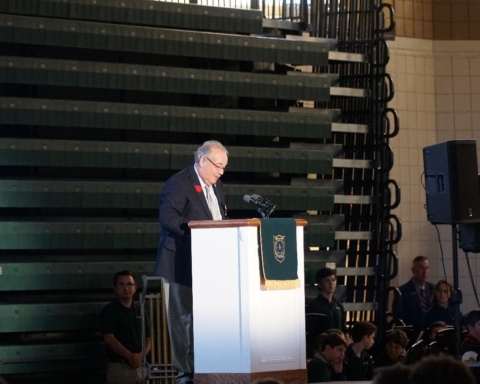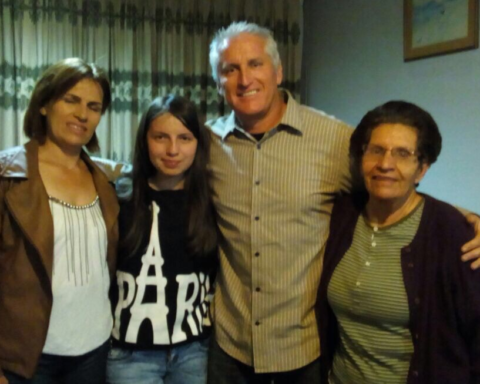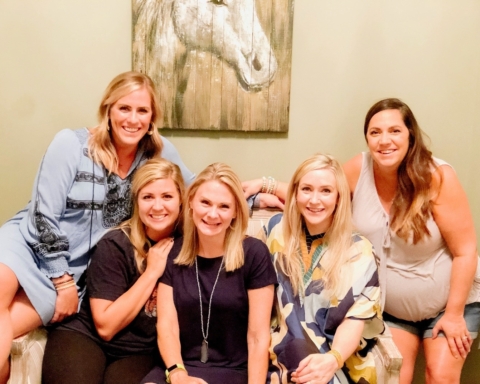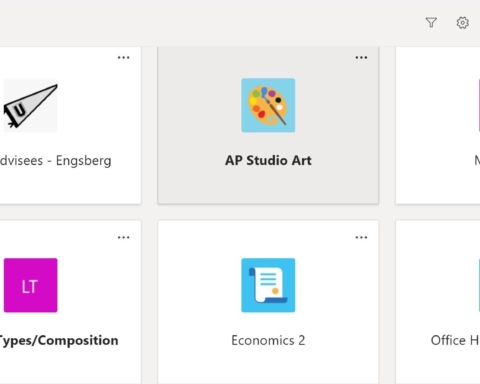In the United States, and now many other countries, February has been nationally recognized as Black History Month for 42 years. The month-long celebration and informative holiday expanded from Negro History Week, which took place during the second week of February, beginning in 1926.
Though none can argue there is still much improvement in equality to be reached in the United States, Black History Month is the ideal time to further the development of knowledge and awareness of black history and culture.
Wesleyan acquired a new Director of Diversity for the 2017-2018 school year. Dr. Jennifer Pinkett-Smith came into her role with the primary goal of simply getting to know the whole Wesleyan community—lower, middle and high school students, parents, fellow faculty and staff members included—and to let them get to know her.
Pinkett-Smith has been pleasantly overwhelmed by the support she has received thus far at Wesleyan, specifically the willingness to engage in conversations and accept the changes she has implemented. She hopes the entire school community “can be a place where those from the outside can look in and say Wesleyan is what God’s Kingdom is called to be. It’s diverse, it’s loving and accepting of the differences that are here in the world.”
The Christian Life theme of the month is “One Humanity,” which connects perfectly with the spirit and overall mentality of Black History Month. Pinkett-Smith thought it was “Divine that the theme fell that way” because this annual idea of One is what God calls His people to do, to “think of each other as one humanity, as one body.”
“Most of the time, we only hear about accomplishments and achievements of African Americans during February,” said Pinkett-Smith, “but in the news, we all too often hear all the negative remarks or see the negative representations of [African American communities or events involving black individuals.] And I’m not saying those things don’t happen, but the negative parts of the black community seem to be the things highlighted the most, and so to connect the great things that African Americans have contributed is what Black History Month gives us an opportunity to do.”
In an attempt to fully embrace all Black History Month makes possible, the middle and high school’s weekly services on Feb. 8 showcased educational and celebratory acts to honor and engage with the month. Chapel began with a video depicting many of the significant events involving severe discrimination, persecution and sheer adversity African Americans have been forced to face in United States history. The short video included brave African Americans standing up for their rights and not giving in to the oppression.
As the students and teachers fell silent, reflecting on the past horrors that have been overcome and the perilous path to freedom and legal equality, several students came up to read facts about African American history and culture.
Freshman Alyssa Phillip, who participated in the chapel readings, said, “Black History Month is important because African Americans never got the respect and the treatment they deserved, and this month was established to honor those who fought for African Americans and for them to have equal rights.”
Pinkett-Smith thought it powerful to see the progression from “an African American being seen as a three-fifths human to now being able to talk about God’s work or His ministry or what we should be as one humanity and to be able to connect that to this month of February.”
In between readings, instead of the usual collective singing of student-led chapel band songs, guest pianist Sheldon Beasley and vocalist Natalie Combs-Jackson performed two traditional hymns. Spelman College student Brianna Gloster also performed a modern dance for the audience. It was a celebratory event, showcasing African Americans using their God-given gifts to grace the community.
Senior Meagan Lynch, another student who contributed to the chapel, said, “The month of February, Black History Month, contributes to the Christian Life theme of One Humanity by connecting the student body together. It makes us all realize that despite our differences we are all seen as the same in God’s eyes. Our differences add to our uniqueness which should ultimately have the power of uniting us together even more.”
Special guest Marquise Cox, a youth pastor from North Point Community Church, gave the devotion to all middle and high school students and faculty. He spoke about diversity and community, hitting hard on the fact that there is only one requirement to value and esteem someone. It is not that they look the same way you do, believe the same things, act the same way, have the same skin color or any other minor detail—it is that they are human.
Morgan Biagioni, the senior who gave the devotion the week previous to Cox on the One Humanity theme, said, “We have to transcend the boundaries of race. Race is something that divides us and prevents us from coming together as one humanity.”
Summarizing his main message, Cox said, “We are all part of one race, and that is the human race.” God created all people equally, and He left His followers very clear and simple instructions.
In Matthew 22:37-39, Jesus said the greatest commandment in the Law is to “‘love the Lord your God with all your heart and with all your soul and with all your mind.’ This is the first and greatest commandment. And the second is like it: ‘Love your neighbor as yourself.’ Jesus did not leave specific specifications for what one’s neighbor must look like, wear, act or how they must think, speak or live. He simply said to love them, no matter the differences or similarities they have.
Phillip said Black History Month connects to the Christian Life theme because “we are all one race and one humanity who has struggles but are uplifted by celebrating and honoring those who fought to equalize our country so that no one man would be better than another just based off of his skin color.”
Students can look forward to more performances of black culture in chapel this month with the Sozo Choir visiting from Uganda the week of Feb 21. Many Wesleyan families have taken advantage of the opportunity to come together to host and get to know the children’s choir for the week.
To further celebrate the month and make sure it did not get lost in the busyness of the school year, Black History Month assignments, posters and newly-decorated bulletin boards were integrated into the curriculum and daily routine of teachers and students.
Lower school P.E. teacher Shana White was a guest author for Discovery Education this February. In her article, “Black History Month Re-imagined,” she included six lesson ideas about the importance of bringing education about black history into the modern age by making the lessons, topics and conversations “more meaningful, authentic and culturally relevant.”
White challenged her readers to be sensitive, understanding and “to go beyond the most mainstream narratives to grapple with some more nuanced stories of struggle and triumph.”
Middle school “pack groups” discussed the importance of understanding the reasoning behind the celebration of black history. Each grade level in the middle school was assigned one or two decades in the twentieth century to research and create a project on the events during that time period. Their projects on inventors, social activists, athletes and many other famous and influential African Americans will be displayed all month-long in their grade level hallways.
The source of these new project concepts, Pinkett-Smith, said, “I was happy to see things they picked were very uncommon things that we don’t hear about in history. They did an amazing job, and I was very proud of how each grade level came together and how they picked people you never hear about except during February.”
“A lot of people don’t understand that things like the ironing board, the traffic light, machines that are able to make shoes at a faster pace… a lot of those were invented by black people, some of the things we use every day. So Black History Month is just a way to make sure it is recognized and not forgotten.”
Pinkett-Smith continued, “The projects created the opportunity for conversations, and that’s what I want. And I don’t want them just to happen in February, so I’ve been working on things to make sure we can continue conversations around unity in general and diversity.”
A comfortable starting space where high school students can have conversations about diversity and their differences without judgement is the Mosaic Club, a diversity club any high school student is free to join. It is advvised by Pinkett-Smith and comprised of all different grade levels, races, ethnicities and genders.
Mosaic Club member and senior Abby Yang said, “I believe understanding the history of other cultures allows us to truly accept others who are different than us. Without knowing what happened in the past, there is no way we can treat people with the respect they deserve in the future.”
“I think a lot of our misconceptions and perceptions and false perspectives come because we don’t talk. We take our information from social media and TV instead of just talking to the people that are right here; you have peers. And having conversations creates more communication and more understanding that diversity is necessary. As God has said, we’re diverse, and that’s not just in race and skin color, but in social economics, in our interests, in life,” said Pinkett-Smith.
Lynch said, “It is important we celebrate the diversity of all cultures because it gives people the opportunity to broaden their minds. Learning more about someone’s culture is the beginning steps of trying to be able to connect in some sort of way to different types of people over the course of our lives.”
Around the high school, Pinkett-Smith displayed multiple posters with quotations from African Americans role models from all different genres, including the most commonly-studied or renowned, such as Rosa Parks, Martin Luther King, Jr. and Thurgood Marshall, to the more frequently-overlooked, like Lena Horne and Fanny Lou Hamer.
“One board in particular [was created] because we do talk about Martin Luther King’s dream [so often]. I wanted to get some students of all cultures to talk about what’s their dream and the important fact that we can have those dreams, and they can come true, no matter what culture you come from,” said Pinkett-Smith.
While many African American role models are historical, there are still many modern influences who continue to empower the African American and other communities. Lynch said, “I believe Chance the Rapper is an extremely influential role model to our generation. He uses his platform for a good purpose instead of using it to slander and bash people.”
In an effort to extend the essence of Black History Month and communication about diversity, which should not be confined to solely one month of the year, Pinkett-Smith said “Courageous Conversations” will be sparked in the high school mentoring groups, which will continue throughout the rest of the semester. Hopefully, these conversations and open paths of communication will keep the spirit of Black History Month alive all-year-round.

